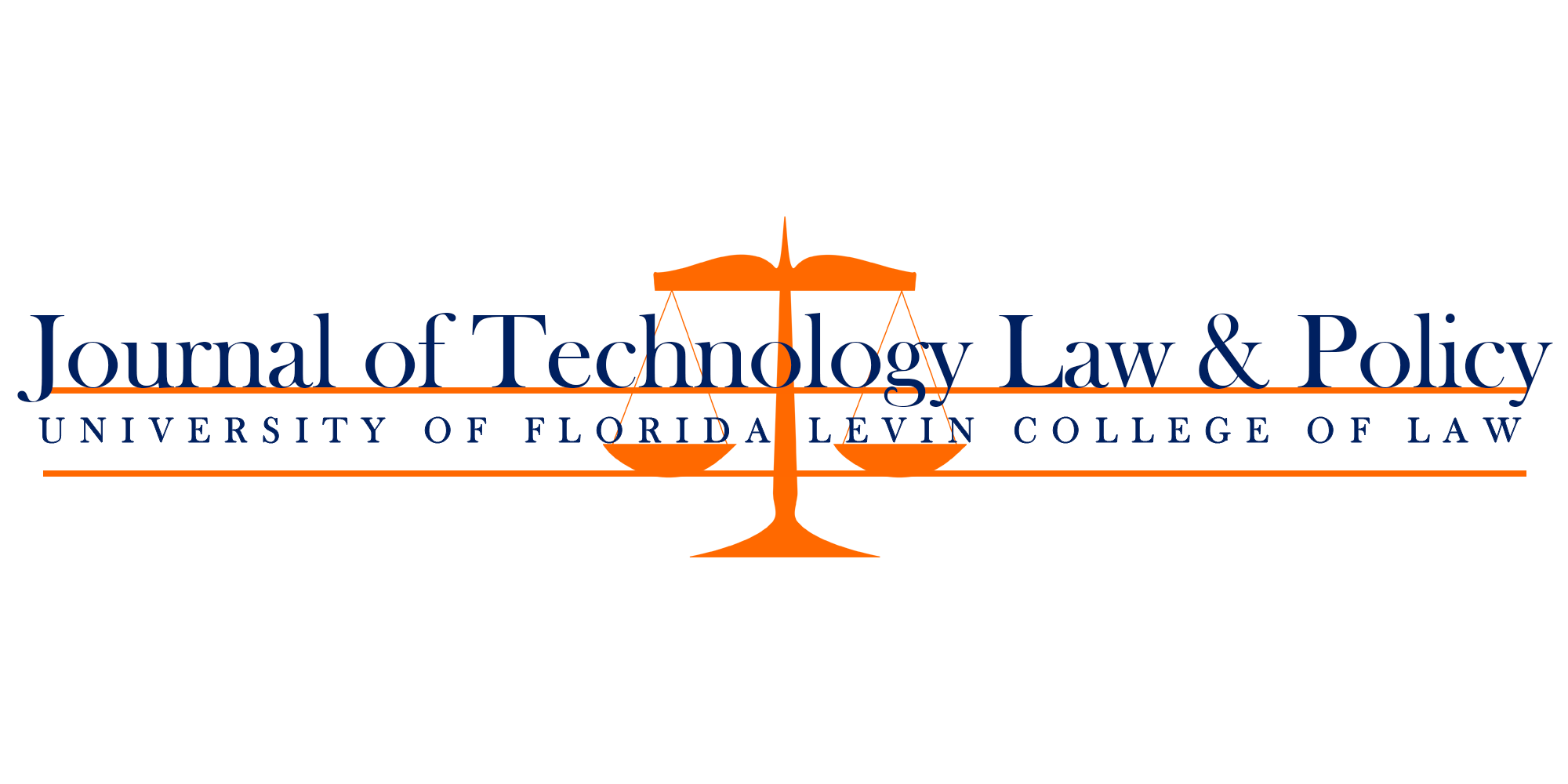
Document Type
Note
Abstract
Recently, outcry for social media regulation has risen after leaks, whistleblowers, and new research suggest that youth social media use has negative impacts on mental health. These claimed negative impacts can range from a variety of symptoms and diagnoses such as depression, anxiety, eating disorders, body image issues, envy, sleep loss, addiction, and even ADHD. Of course, technology companies adamantly deny such accusations and instead point to the benefits social media has for the youth and our society overall. Additionally, they make clear that this research is far from conclusive. This situation is simply a modernization of the previous situation the United States dealt with less than a decade ago, in the battle against “big tobacco.” For decades, tobacco companies claimed that their products were not only safe, but beneficial. However, it wasn’t until decades of research established the risks of tobacco use and a 1964 report from the Surgeon General’s Advisory Committee on Smoking and Health that tobacco products were finally regulated, with regulations such as age verification, warning labels, and advertisement restrictions. Now facing the battle against technology companies, many are advocating for similar regulations against social media to protect the youth and make them aware of the potential negative impacts of social media use. Yet, the research available supporting these claims is not yet at the level of what was available when tobacco products were finally regulated. Because of this, an attempt to mandate warning labels on social media is currently unlikely to withstand a constitutional challenge. Premature regulation of social media may create legal precedent through the inevitable litigation that will only make it more difficult to regulate social media in the future. For now, advocates must push for additional research before regulation.
Recommended Citation
Markel, John L.
(2025)
"Research Over Regulation: What Must be Done to Mandate Warning Labels on Social Media,"
Journal of Technology Law & Policy: Vol. 29:
Iss.
1, Article 6.
Available at:
https://scholarship.law.ufl.edu/jtlp/vol29/iss1/6